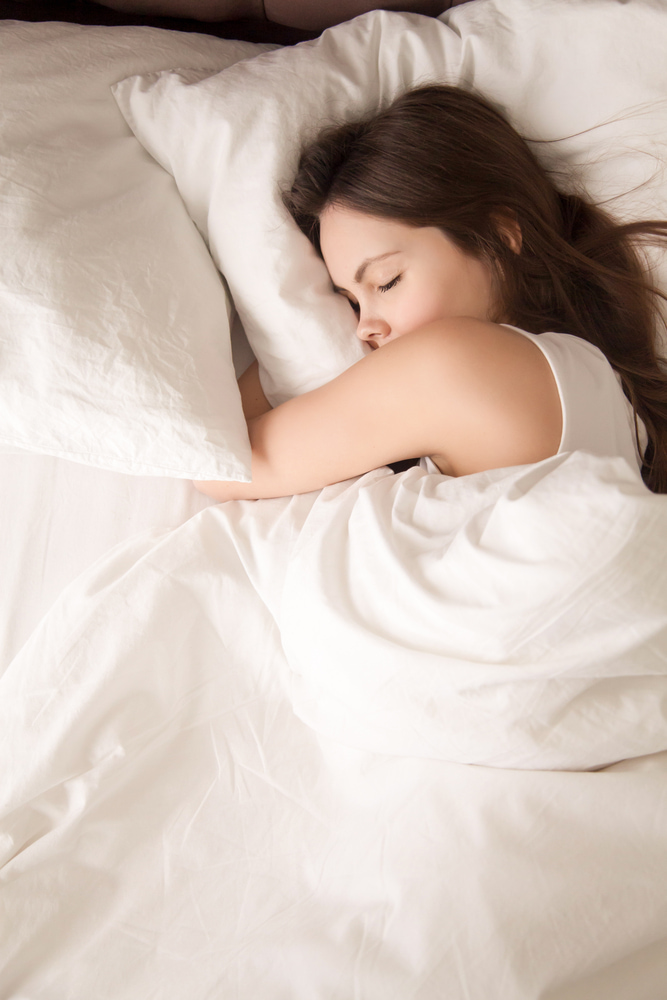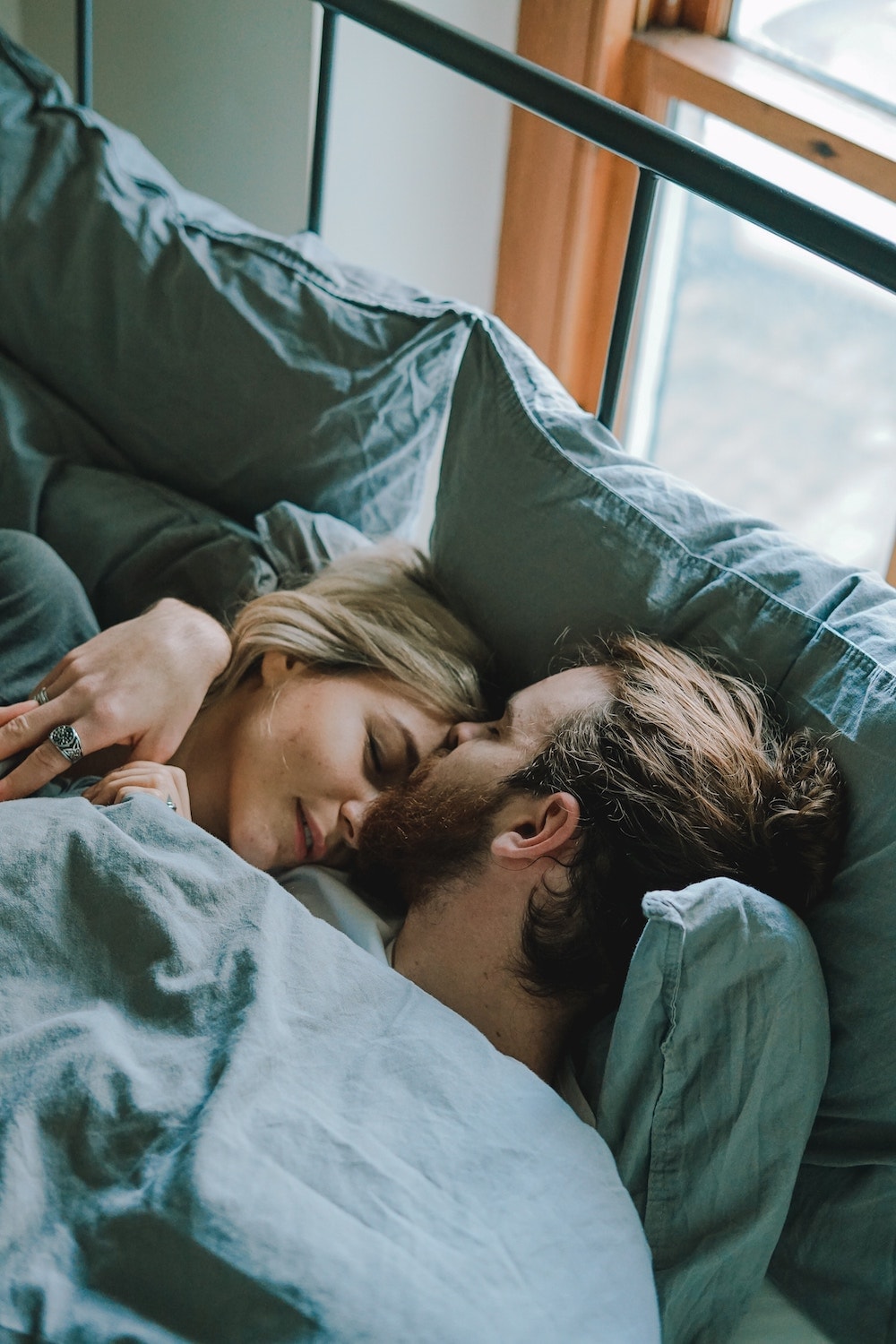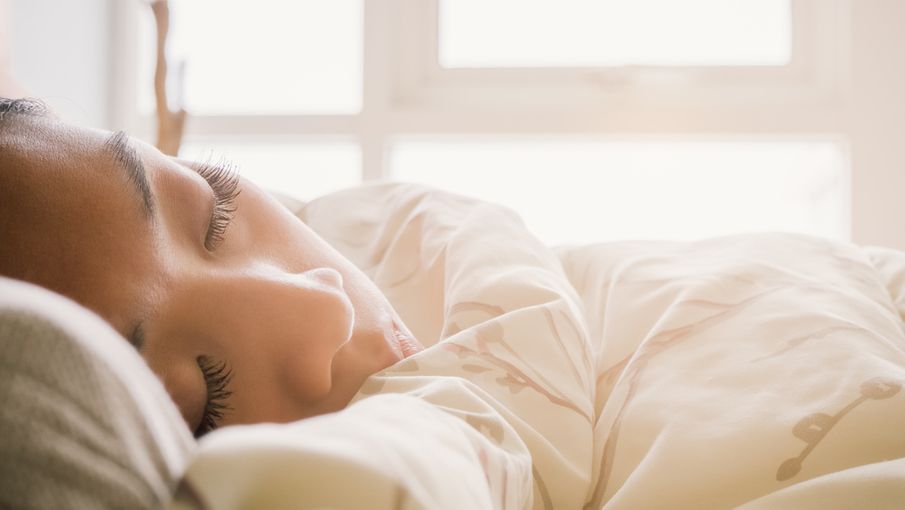Most healthy adults require 7–9 hours of good-quality sleep each night. And, according to Dormeo, if you consistently fail to get enough rest, it can have far-reaching consequences, and possibly affect your mental health
If you struggle with anxiety, you may already struggle to get the rest you need — in fact, a study conducted by the NHS found that people with anxiety or depression typically get less than six hours of sleep each night. But, a lack of sleep can exacerbate the symptoms of these conditions, which can lead to a vicious cycle being created.

There are some steps you can take to give yourself the best possible chance of consistently getting a good night's sleep, and we're going to outline some of our top tips here.
Try to get into a routine
The human brain naturally likes routine so, if you can get into the habit of nodding off and waking up at the same times every day, you'll feel much better for it. Of course, if your current sleep pattern is chaotic or you spend most nights tossing and turning, this is easier said than done. But, despite what you might think, it is possible to give yourself some more structure — you just have to persevere. When you have a good routine in place, you'll be glad you did!
One of the most effective ways of fixing your sleep pattern is by setting yourself a goal wake-up time and sticking to that as often as possible. Of course, when you're struggling with your mental health, getting out of bed at a set time isn't always the easiest, but you can only try your best. Always remember that taking steps to improve your sleeping pattern is an act of self-care.
Once you've chosen a wake-up time you would like to stick to, you should try to get out of bed at this time each day, regardless of how long you've slept. Then, go to bed when you start to feel tired on a night time. Although you mightn't get a lot of sleep to begin with, you should soon notice that you're finding it easier to fall asleep and wake up at decent times.
Make sure you properly unwind before getting into bed
We all live busy lives, which often means struggling to switch off and fall asleep at a decent time. But, if you struggle with anxiety, this can be even harder. As a result, you may need to take a proactive approach to winding down before bed.
Psych Central recommends creating a pre-sleep routine. This is because, if you consistently go through the same motions before bed each night, this will begin to signal to your brain that it's time to switch off and relax.

For example, you could read a chapter of a book or take a warm bath each night before bed. If you do this every day, your mind and body will soon begin to associate the ritual with sleep. Before long, you'll start to feel more relaxed and even slightly sleepy as soon as you begin your pre-sleep routine.
Make sure your bedroom is a relaxing space
It's important that your bedroom is a sanctuary where you feel safe and relaxed — if it's a chaotic and messy space, this will only make it more difficult for you to fall asleep at night. So, if you're consistently struggling to nod off, it's vital you ensure your environment isn't to blame.
The Sleep Council has a guide to creating the perfect sleep environment, which is well worth a read. It explains everything, from what temperature your bedroom should be to how you can ensure your bed is as comfortable as possible. Once you've tidied your space and made any adjustments needed to make it a more relaxing environment, you can then move on to tackle any other factors that could be affecting your quality of sleep.
Consult your GP if nothing helps
If you've tried to get into a better sleeping pattern, attempted to create a bedtime ritual, and transformed your bedroom into a relaxing haven but are still struggling to get to sleep at night, you should ask your GP for help. They should be able to refer you for therapy — whether that's counselling or CBT — to help you work through things. If they think it's the best option for you, they may also prescribe medication to help you with your anxiety symptoms or make it easier for you to fall asleep at night.


Comments